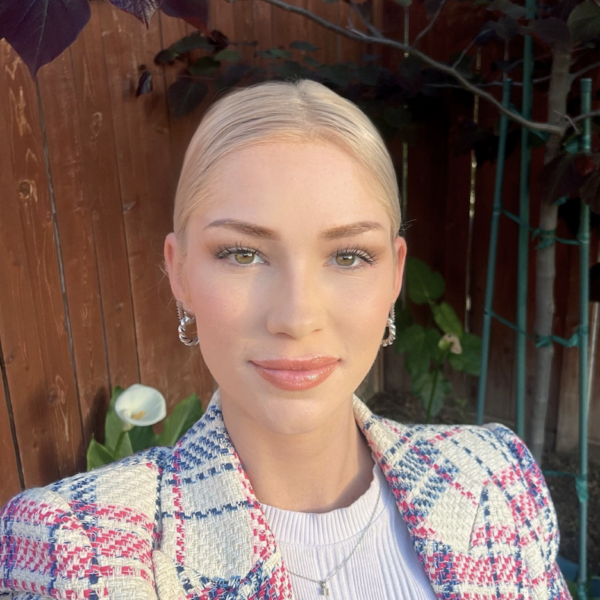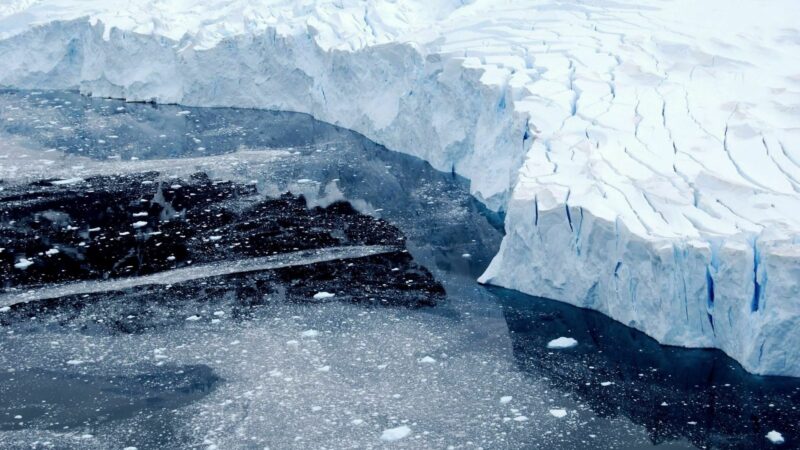
First Ph.D. recipients among IoES students graduating with advanced degrees
The Ph.D. program was launched in 2018 and the ESE program is 50 years old this year. Some of their research and accomplishments: Noam Rosenthal focused on wildfires in his…
The class of 2023 at UCLA Institute of the Environment and Sustainability includes its first-ever Ph.D. recipients and the recipient of a D.Env. professional degree in environmental science and engineering (ESE).
The Ph.D. program was launched in 2018 and the ESE program is 50 years old this year.
Some of their research and accomplishments:
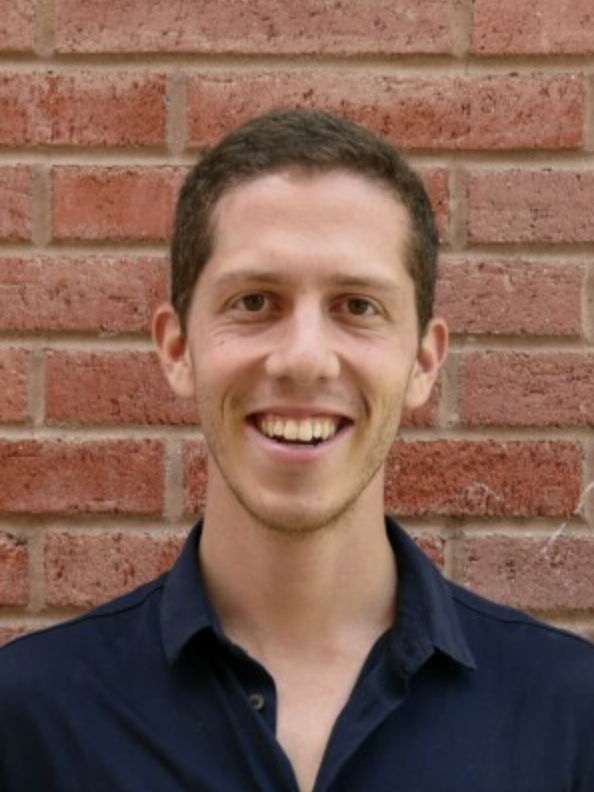
Noam Rosenthal focused on wildfires in his three-chapter dissertation Exposure and Adaptation to Heat and Wildfire in California. His research explored the interaction between hazards like extreme heat and smoke and assessed how vulnerable people are to these dangers by constructing and employing models.
He concluded that climate stressors, such as extreme heat or dryness, serve as the crucial determinant in gauging a home’s susceptibility to catching fire. This underscores the trajectory of climate change, indicating that it will continue to exacerbate wildfires and their repercussions. Rosenthal’s focus on wildfires stems from a fascination with insurance and how it has the power to “protect your wealth from being destroyed by climate change.”
Now in New York City, Rosenthal works as a senior data scientist and director of partnerships for Kettle, an insurance company.
“This is where that I feel my Ph.D. is serving me well for this private sector role. It’s given me a fluency and critical eye by which I can evaluate new climate tech companies that are popping up, seemingly by the dozen every day, and take them to task and assess their strengths and weaknesses,” Rosenthal said.
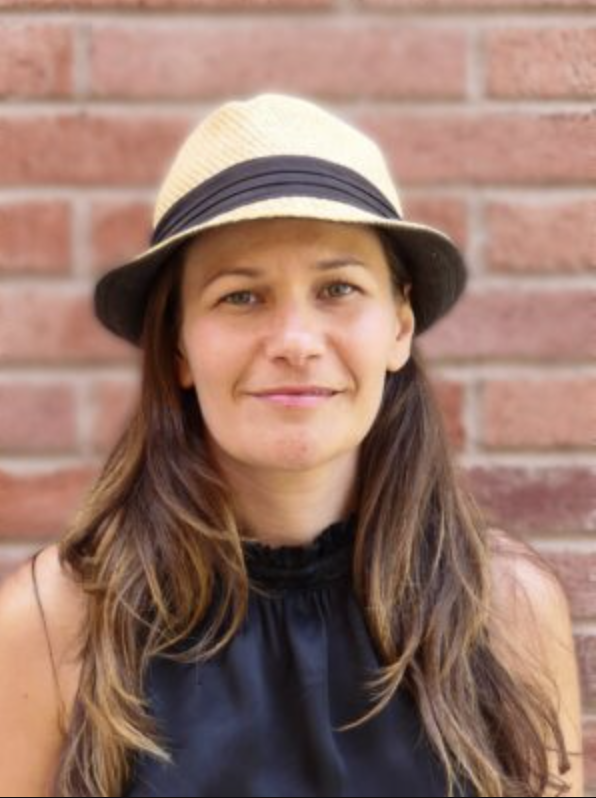
Edith B. de Guzman investigated the unequal effects of extreme heat on marginalized communities in her dissertation Hot Climate, Cool Shade: Community-Based Methods for Urban Forest Equity and Heat Health. The research illustrated how urban forestry, including planting trees in cities, can help alleviate this inequality.
In her research, de Guzman detailed how trees make heat more manageable, explained how people can take care of trees in their community, and explored ways to incentivize community action. She concluded that compensating communities is crucial towards making cities greener and fighting heat inequity, especially in Los Angeles. Edith describes Los Angeles as a “heat archipelago,” referring to a large cluster of urban areas known as “heat islands.”
She argued that heat inequity is a dire but solvable issue — significant progress towards achieving heat equity can be made through effective urban planning and policy. Edith is thrilled to have successfully completed her doctoral journey, thankful for “the many invisible hands of mentors, collaborators and supporters.” This fall, she will begin the next phase of her career at UCLA, developing and applying interventions that will focus on climate adaptation and water equity.
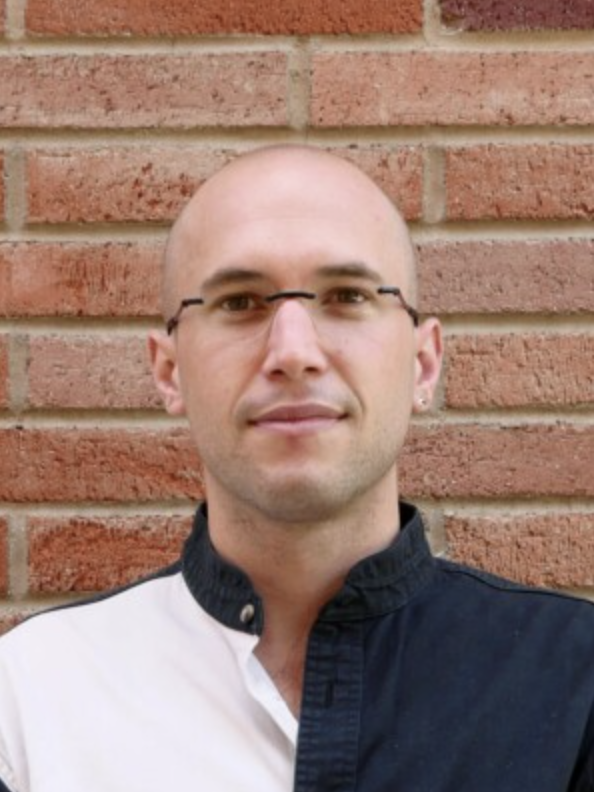
Chase Niesner explored how humans and animals can and do live together in his dissertation At Home With Coyotes: An Exploration of Human-Coyote Relations in the Los Angeles ‘Ecology of Selves’ through the lens of urban coyotes and their relationship to the city. His research asserted that many urban coyotes in Los Angeles use overlooked or ignored infrastructural space as habitat, and that this will be crucial to the animal’s future in such environments.
Niesner evaluated human-coyote relations and management plans, which involve discouraging people from feeding the animals and promoting behaviors that reestablish fear of humans in coyotes.
His fascination with coyotes dates back to his earliest memories in childhood, Niesner said.
“One of my first memories is a coyote playing with my dog. I’m just still sort of interested in those kinds of moments where we’re connecting with wild animals or coyotes are involving us in their lives in ways that are mysterious or peculiar.”
This summer, Niesner will teach an environmental justice course at UCLA and modify the virtual, video game world of Grand Theft Auto to imagine the urban ecology of Los Angeles in the year 2050.
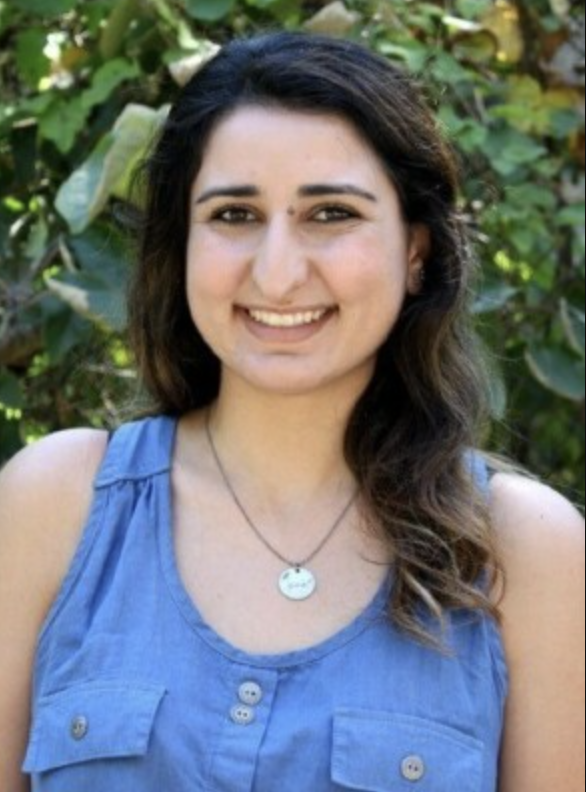
Margaret Isied delved into methods and technologies for studying the localized effects of environmental contaminants, with a particular focus on air pollution and pesticide use, in her dissertation An Evaluation of Methods and Technology to Estimate Localized Environmental and Health Impacts from Air Pollution and Pesticide.
Isied examined the effectiveness of using low-cost sensors to assess air quality and suggests a practical decision-making framework to guide installation of these sensors. Her results highlight local variations in pollutant levels, which can have significant health impacts, and applies air dispersion modeling — typically used for air pollutants — to pesticide use. “There are more elevated health impacts than we previously anticipated,” Isied said of her findings.
Isied’s interest in air quality began with personal experience — her grandmother’s battle with lung cancer. She plans to continue working at Clarity Movement Company, which specializes in air-sensing technology and low-cost sensors.
Published:
